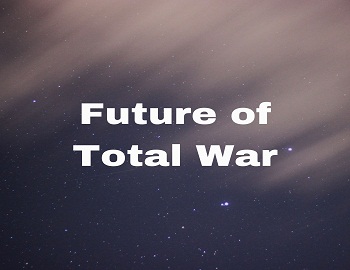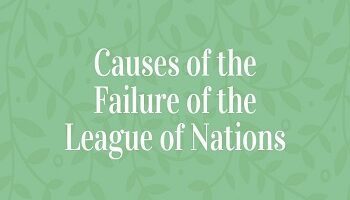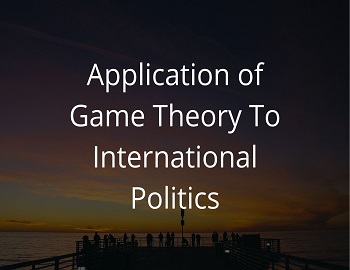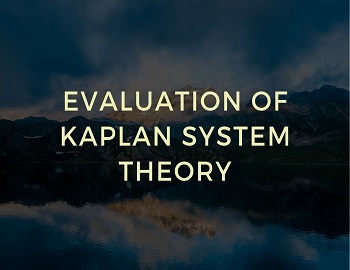Future of Total War:
We have stated that war in the modern age has become total. Now the question naturally arises as to what will be the future of total war. There are two different views regarding the future of total war-
(1) According to one view if war were to break out, the result would be hideous beyond present imagination and description.
(2) The supporters of the second view are of the opinion that any future war would be limited because there is a constant fear in the minds of diplomats of various states of the total destruction of mankind.
The supporters of the first view hold that any future war would be suicidal in character. President Kennedy once declared that “a full-scale nuclear exchange lasting less than 60 minutes, with weapons now in existence, could wipe out more than 30,00,00,000 Americans, Europeans, and Russians. Simultaneously millions of homes and factories would be destroyed”. British Air Marshall Slessor speaks of such a war as “general suicide and the end of civilization as we know it”. According to Bernard Brodie, “The minimum destruction one can reasonably expect from any unrestricted strategic attack will inevitably be too high to permit further meaningful mobilization of resources, perhaps too high even to permit the effective use of surviving military units…….If strategic bombing occurs on the grand scale, other kinds of the military operation will prove either unfeasible or superfluous and most likely both”.
Describing the nature of future total war Vannevar Bush points out, “It would be highly technical, and it would be fast and furious. It would leave the world shaken and broken. It would cost millions of lives and exhaust the accumulation of treasure of many years…..” Many scientists and military experts also warn us that any war would be even more total than World War II. They are of the opinion that in this war the belligerents would use every type of weapon in their possession that might bring them victory.
Those who support the idea of limited warfare, if any war were to break out in future, argue that due to the fear of total destruction of mankind, states would fight only with limited war weapons. The United States has indicated that it would like to avoid unrestricted nuclear war. According to Former America’s Secretary of Defence Mc Namara, “The United States has come to the conclusion that to the extent feasible basic military strategy in a possible general nuclear war should be approached in much the same way that more conventional military operations have been regarded in the past. That is to say, principal military objectives in the event of a nuclear war stemming from a major attack on the [North Atlantic Treaty Organisation] Alliance, should be the destruction of the enemy’s military forces, not of his civilian population”.
Happily, the predictions of scientists and military experts who have supported the first viewpoint have not been realized. Since World War II we have been witnessing many new wars such as the Indo-China War and Arab-Israel War, but these wars were neither more total than World War II nor have brought any dangerous new weapons into play. It is, in fact, the fear of total destruction of mankind that has made warfare limited.
However, scholars like Quincy Wright and Hans Morgenthau, like Albert Einstein and Bertrand Russell, and eminent physicists like Dr Edward V. Condon and General George C. Marshall warn us against the belief that total war is not possible.









Comments (No)